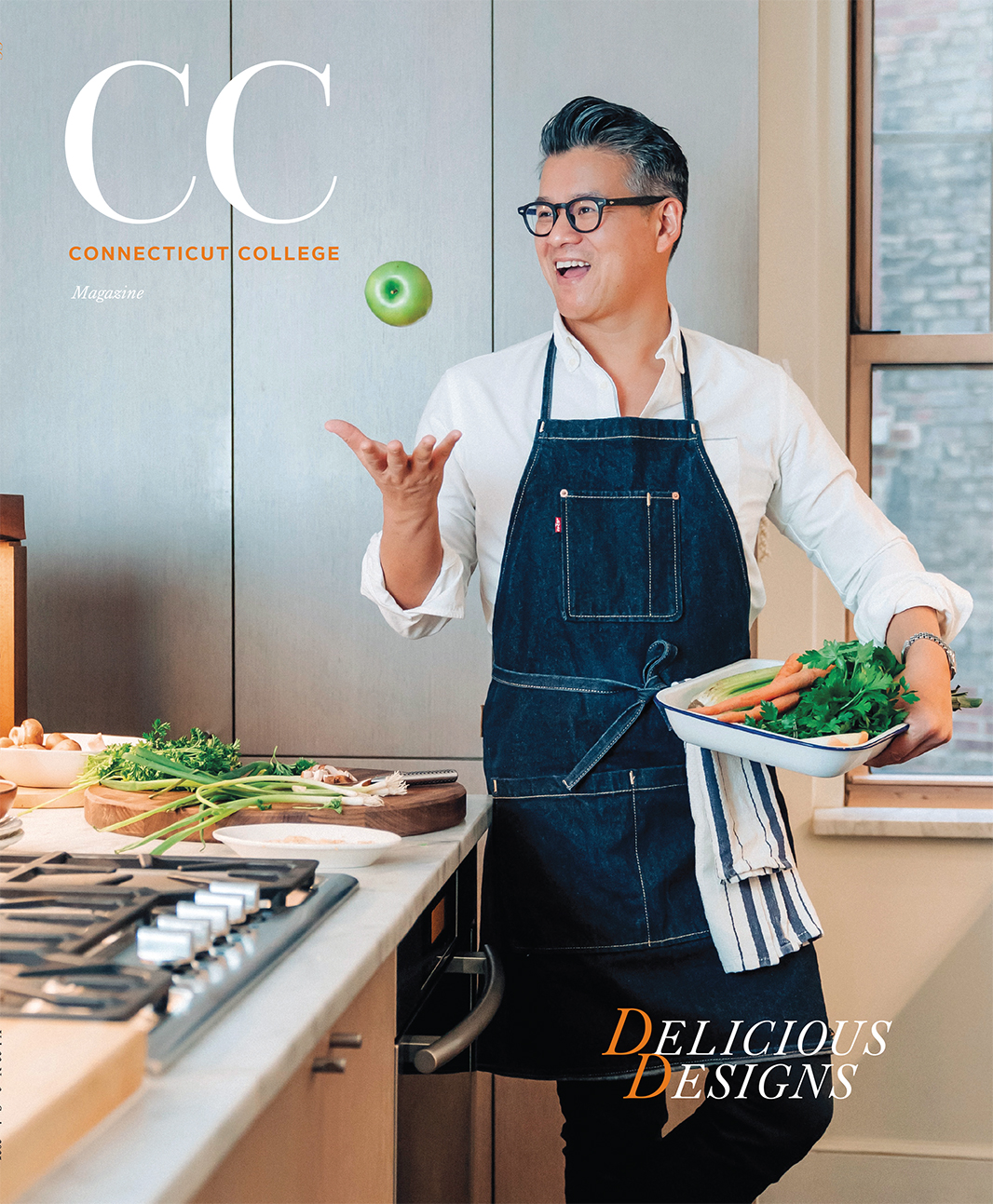

June in Pictures

Anita DeFrantz ’74 to be inducted into the U.S. Olympic & Paralympic Hall of Fame

Conn collects 15,005 lbs of donations during annual Give ’N Go event

Kevin Steel named head coach of Women’s Swimming and Diving




Marketing and Communications
Mailing Address
Connecticut College
Office of Marketing and Communications
270 Mohegan Ave.
New London, CT 06320
Campus Location
Becker House
Office Hours
M-F 8:30 a.m - 5 p.m.